British Airways trialling virtual check-in queues at Heathrow
Links on Head for Points may support the site by paying a commission. See here for all partner links.
British Airways has launched a new ‘virtual check-in queue’ option for selected flights at Heathrow using a technology platform from Qmatic.
You will, if you choose, no longer need to join a lengthy check-in queue. You can pre-book a time slot to check-in in advance of arriving at the airport.
The trial will run for three months on selected flights. If your flight is included, you will receive an email prior to travel inviting you to book a check-in slot.
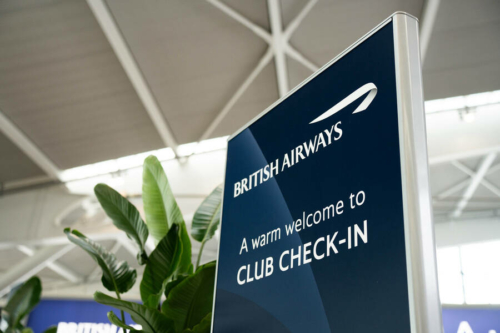
The service is not compulsory, and you will still be able to join the main queue if you wish. Customers who have pre-booked slots will use dedicated desks.
This is clearly a positive move – anything which reduces queuing can’t be bad – but there are two obvious problems.
The first is that Terminal 5 Departures doesn’t have a lot of options, landside, to pass the time if you arrive early. The shopping mall is airside rather than landside.
The second issue is that, for most people, the time you arrive at Heathrow is pretty much out of your control. You are at the mercy of the Underground network, the Heathrow Express (miss your train and it’s a 15 minute wait) or the M4.
None of these options would give you much confidence to commit to a timed check-in slot.
If there were a large number of refreshment options pre check-in I would, in theory, be happy to arrive early and have a drink whilst waiting for my slot. In reality, Terminal 5 is fairly short of chairs – let alone cafes – before check-in unless you head to Arrivals.
PS. If you are not a regular Head for Points visitor, why not sign up for our FREE weekly or daily newsletters? They are full of the latest Avios, airline, hotel and credit card points news and will help you travel better.
To join our 70,000 free subscribers, click the button below or visit this page of the site to find out more. Thank you.
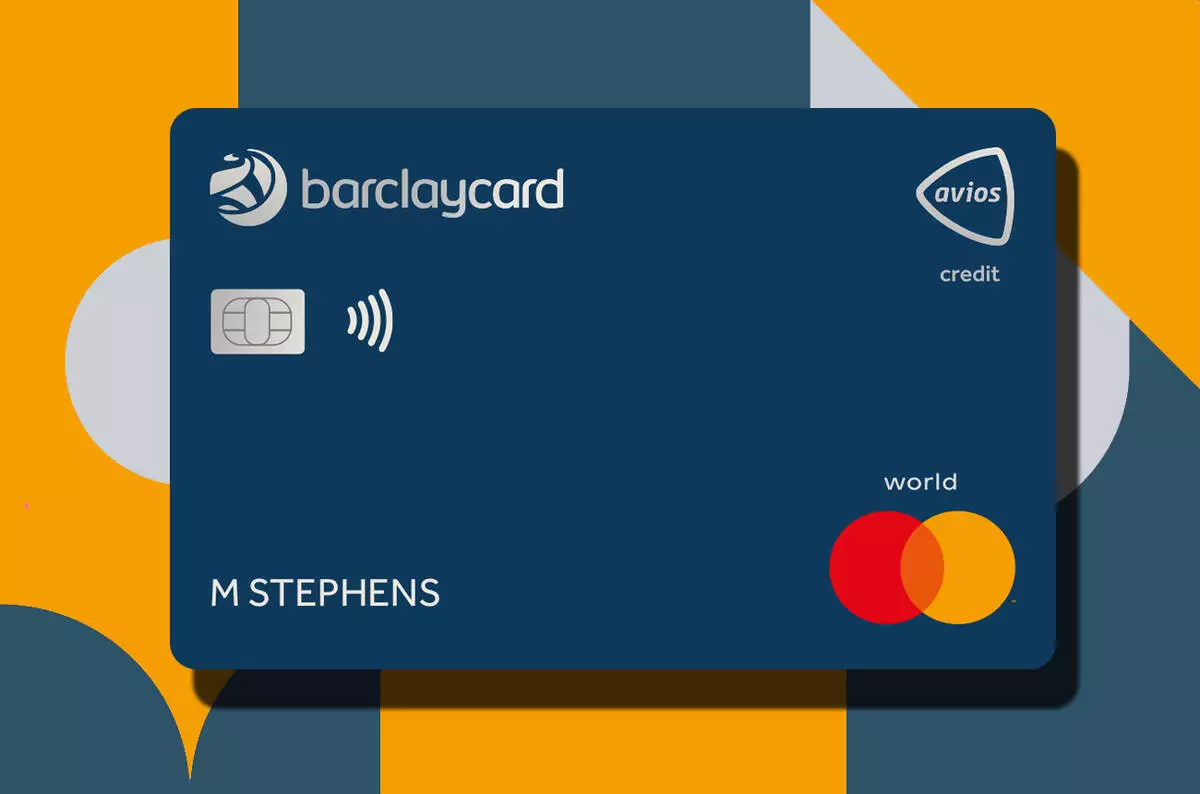
How to earn Avios from UK credit cards (September 2025)
As a reminder, there are various ways of earning Avios points from UK credit cards. Many cards also have generous sign-up bonuses!
In February 2022, Barclaycard launched two exciting new Barclaycard Avios Mastercard cards with a bonus of up to 25,000 Avios. You can apply here.
You qualify for the bonus on these cards even if you have a British Airways American Express card:

Barclaycard Avios Plus Mastercard
Get 25,000 Avios for signing up and an upgrade voucher at £10,000 Read our full review

Barclaycard Avios Mastercard
Get 5,000 Avios for signing up and an upgrade voucher at £20,000 Read our full review
There are two official British Airways American Express cards with attractive sign-up bonuses:

British Airways American Express Premium Plus Card
30,000 Avios and the famous annual Companion Voucher voucher Read our full review
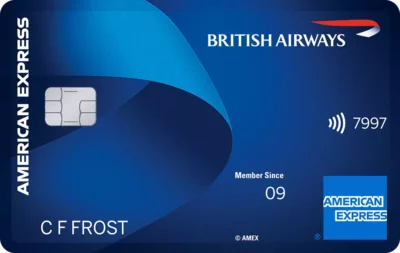
British Airways American Express Credit Card
5,000 Avios for signing up and an Economy 2-4-1 voucher for spending £15,000 Read our full review
You can also get generous sign-up bonuses by applying for American Express cards which earn Membership Rewards points. These points convert at 1:1 into Avios.
SPECIAL OFFER: Until 14th October 2025, the sign-up bonus on the American Express Preferred Rewards Gold Credit Card is doubled to 40,000 Membership Rewards points. This would convert to 40,000 Avios! The spend target is changed to £5,000 within SIX months of approval. T&C apply. Click here to apply.
SPECIAL OFFER: Until 14th October 2025, the sign-up bonus on The Platinum Card from American Express is increased to 80,000 Membership Rewards points. This would convert to 80,000 Avios! The spend target is changed to £10,000 within SIX months of approval. T&C apply. Click here to apply.

American Express Preferred Rewards Gold Credit Card
Your best beginner’s card – 40,000 points, FREE for a year & four airport lounge passes Read our full review

The Platinum Card from American Express
80,000 bonus points and great travel benefits – for a large fee Read our full review
Run your own business?
We recommend Capital on Tap for limited companies. You earn points worth 0.8 Avios per £1 on the FREE standard card and 1 Avios per £1 on the Pro card. Capital on Tap cards also have no FX fees.

Capital on Tap Visa
NO annual fee, NO FX fees and points worth 0.8 Avios per £1 Read our full review
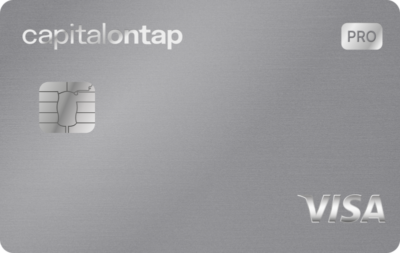
Capital on Tap Pro Visa
10,500 points (=10,500 Avios) plus good benefits Read our full review
There is also a British Airways American Express card for small businesses:
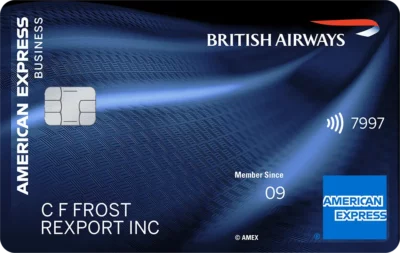
British Airways American Express Accelerating Business Card
30,000 Avios sign-up bonus – plus annual bonuses of up to 30,000 Avios Read our full review
There are also generous bonuses on the two American Express Business cards, with the points converting at 1:1 into Avios. These cards are open to sole traders as well as limited companies.
SPECIAL OFFER: Until 14th October 2025, the sign-up bonus on The American Express Business Platinum Card is increased to 120,000 Membership Rewards points. This would convert to 120,000 Avios! The spend target is changed to £12,000 within three months of approval. T&C apply. Click here to apply.
SPECIAL OFFER: Until 14th October 2025, the sign-up bonus on The American Express Business Gold Card is TRIPLED to 60,000 Membership Rewards points. This would convert to 60,000 Avios! The spend target is changed to £6,000 within three months of approval. The card remains free for the first year. T&C apply. Click here to apply.

The American Express Business Platinum Card
120,000 points when you sign-up and an annual £200 Amex Travel credit Read our full review

The American Express Business Gold Card
60,000 points sign-up bonus and FREE for a year Read our full review
Click here to read our detailed summary of all UK credit cards which earn Avios. This includes both personal and small business cards.


 Rob
Rob 





Comments (68)